The Internet is decentralized - something rivaling the Internet we still know, is already here
People call the scattered Internet a kind of Digital Garden, from which we can regain the freedom and prestige of the early Internet.
Based on the article by author Tom Simonite, published in Wired magazine.
I often edit on Google Docs online word processing tool, knowing that this famous company has not yet completed itself in many respects. But this article is different: it is written on another similar private service called Graphite Docs . I discovered it while groping around in an online world called the Decentralized Internet - Decentralized Internet.
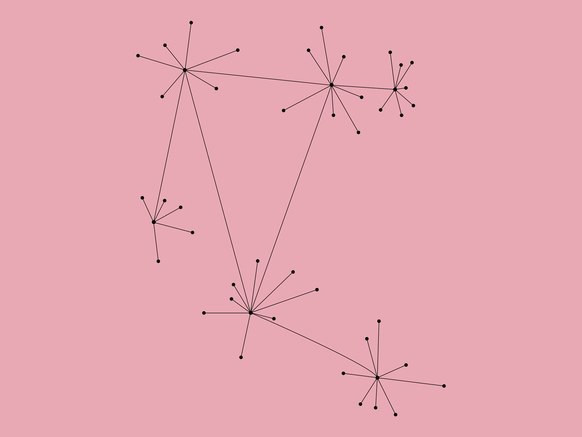
Internet-based privacy activists, along with venture capitalists, call the decentralized Internet a Digital Garden, from which we can regain freedom and credibility. of the early Internet. They argue that big technology companies are locking our data, our minds behind the foundations are only set up to serve those who hold a lot of shares, platforms that cannot Does anyone compete without giving us the same privacy?
So decentralized, unattended, extremely private applications will give us control that we already have but are now gone. Based on that, small startups will rise against the tech giants of this era.
"The best businesses, developers and investors know the benefits and risks of building a career on a centralized platform , " said Chris Dixon, the company's first partner. Andreessen Horowitz, the long-time venture, analyzed in an article that could be considered a manifesto of a decentralized Internet. Tim Berners-Lee, the father of World Wide Web (www), has the same concern.
Graphite Docs - a word processing program to create this article - along with other imperfect decentralized applications, but it shows that people are interested in this issue. It's too early to dream, but we can still imagine a digital life no longer depends on the giants behind the cloud storage service.

Every word you type on Google Docs, it will be sent to the advertising company's servers. At that time, you only had to pray for your personal data not to leak out. Google's privacy policy is there, they are also known for their security systems, but technically speaking, they are capable of doing anything with the information you entrust to it.
But when typing on Graphite Docs, these words are kept at a higher level.
I can still access and fix these lines when I log on to another computer, even invite others to consult and edit them because the content has been updated online when I am typing. But the data is stored in encrypted form, on a network of computers that are unable to access anything I upload. I need an encryption key to read the data and this key has never left my device, which means that unlike other online services, I have complete control over my data. .
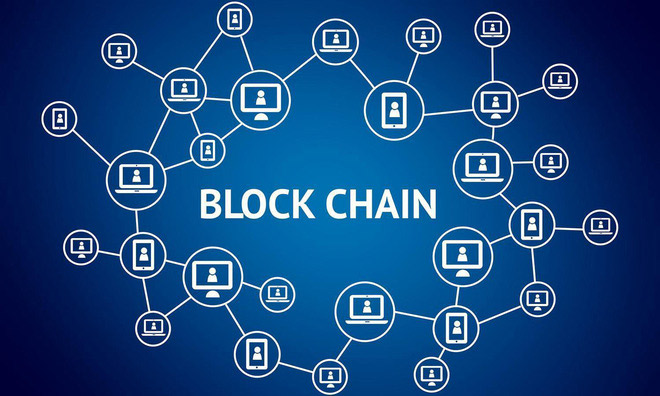
Reasons to get this level of security? Graphite Docs is built on Blockstack, a decentralized Internet application building platform. You access this application via web browser, can be run locally on your own computer, through some software provided by Blockstack startup. The software will give you an ID to log in Blockstack application and contain your encryption key.
It gives you the choice of where to store your encrypted data: the server you create yourself or the Gaia storage network is operated by Blockstack itself, with the help of a number of storage computers available on system. You can access your data from anywhere, as long as you remember the 12-character encryption key chain. Your information is inherently secured thanks to this key.
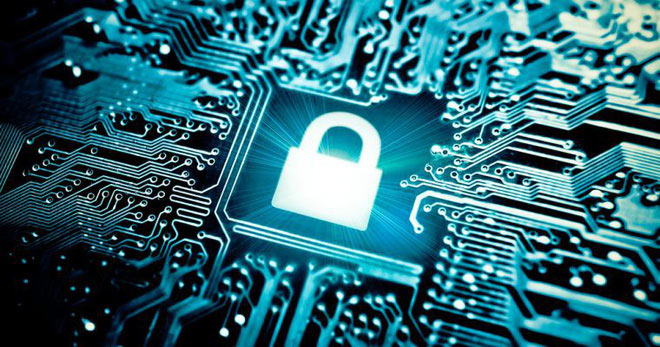
However, the first steps in this decentralized Intenet system are not as simple as downloading a new application and then using it. But the developers behind these applications claim that it will also be simpler. They argue that cryptocurrency such as Bitcoin is decentralized from computers around the world, or blockchain storage technology shows that a strong, secure infrastructure does not need a file processing center. middle, it can be decentralized everywhere.
"We are building a new Internet, and its ultimate goal is to get everyone you know into this new world," co-founder Blockstack, Ryan Shea said.
In order for a new platform to fly everywhere, it must entice two types of people: developers to build new applications and new services, besides users. Decentralized applications and services are currently targeting both these customer groups.
Many application development teams are building cloud storage services other than those already available. As an example, as I upload a photo to Storj service, the image will be divided into sections, encrypted and decentralized to the network of computers that belong to the subscribers as a place to store data, These individuals will be paid a certain amount of encryption to become a storage machine.
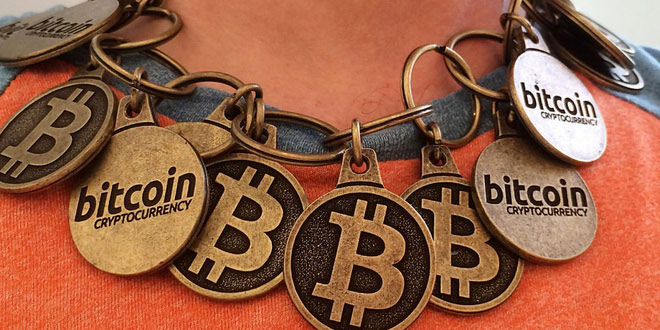
Many decentralized Internet projects, such as Graphite Docs, aim to become a more private version of an existing product (Google Docs). Graphite Docs was developed by Justin Hunter, intending to make money by providing a more secure version of text editing. Another project called OpenBazaar works like a decentralized eBay trading site. Last week, when I sat surfing OpenBazaar, I saw everything sold on it to anyone who could pay with Bitcoin or other cryptocurrency.
There are projects that are backed by "big boys" who have helped build the current generation of technology giants.
Venture capital firms such as Sequoia and Andreessen Horowitz, companies that backed Google and Facebook, are focusing on investing in a decentralized data storage network called Filecoin, set to compete with current cloud storage services. Like many other decentralized Internet projects, Filecoin raises funds by trading a crypto currency that will later be used to use its own services.
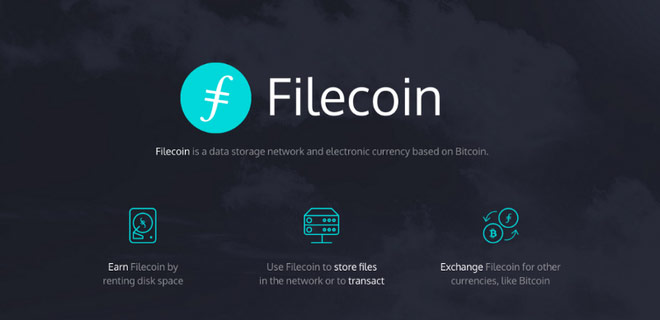
Get Filecoin by renting a drive - Use Filecoin to store files or to pay - Change Filecoin to get other virtual currencies, such as Bitcoin.
Currently, the decentralized Internet is still a place where pre-coding represents its strength and characteristic influence. On the DTube platform, dubbed as a decentralized YouTube, the top videos are still vloggers sharing their opinions on the current Bitcoin trading situation.
Videos often load very slowly, but you will never be overwhelmed by ads. Users can support pre-coding for video makers, and popular videos can bring in hundreds of dollars. The videos themselves are stored on interplanetary file systems - IPFS, a decentralized file sharing system operated by volunteer individuals.
Not anything too free is good. Video can be removed for copyright reasons, but there is also a way to "circumvent the law". DTube operators say they cannot "censor" the video themselves, the content is deleted only if the user disables many votes. If the action of the community does not match what the copyright attorneys offer, then things will become complicated.
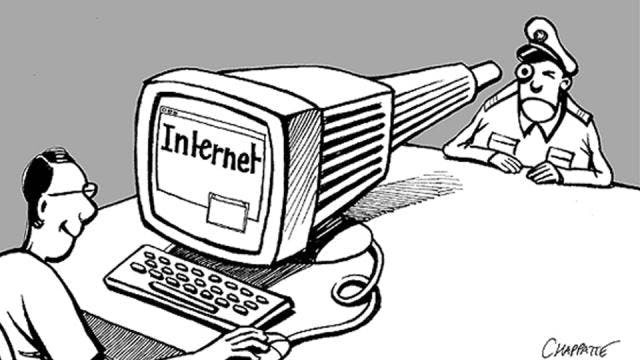
These non-optimized decentralized applications have a foothold in the market full of centralized services of the present? I asked Stavros Korokithakis, a software developer in Greece, that he answered, " Sure is possible . " He and a friend are developing a decentralized application called Hearth, the hybrid child of Dropbox hosting service and web server service.
Korokithakis wants to help users create a unique, personal website like the old 1990s web pages, the time before personal websites were supported by advertising companies dominating the Internet. He still has to admit that fighting against the current concentrated forces will certainly be a huge challenge. Currently, the greatest benefit of a decentralized application is its ability to resist censorship.
Finding a truly effective decentralized application on a decentralized Internet is not an overnight affair. However, the attitude of society to the power that technology companies hold will be an important factor contributing to the development of the decentralized Internet.
"Today people no longer believe in centralizing things, " said David Pakman, partner of venture capital firm Venrock. "Today people do not believe in many things that are still important, now we do not even believe in technology companies anymore."
According to GenK